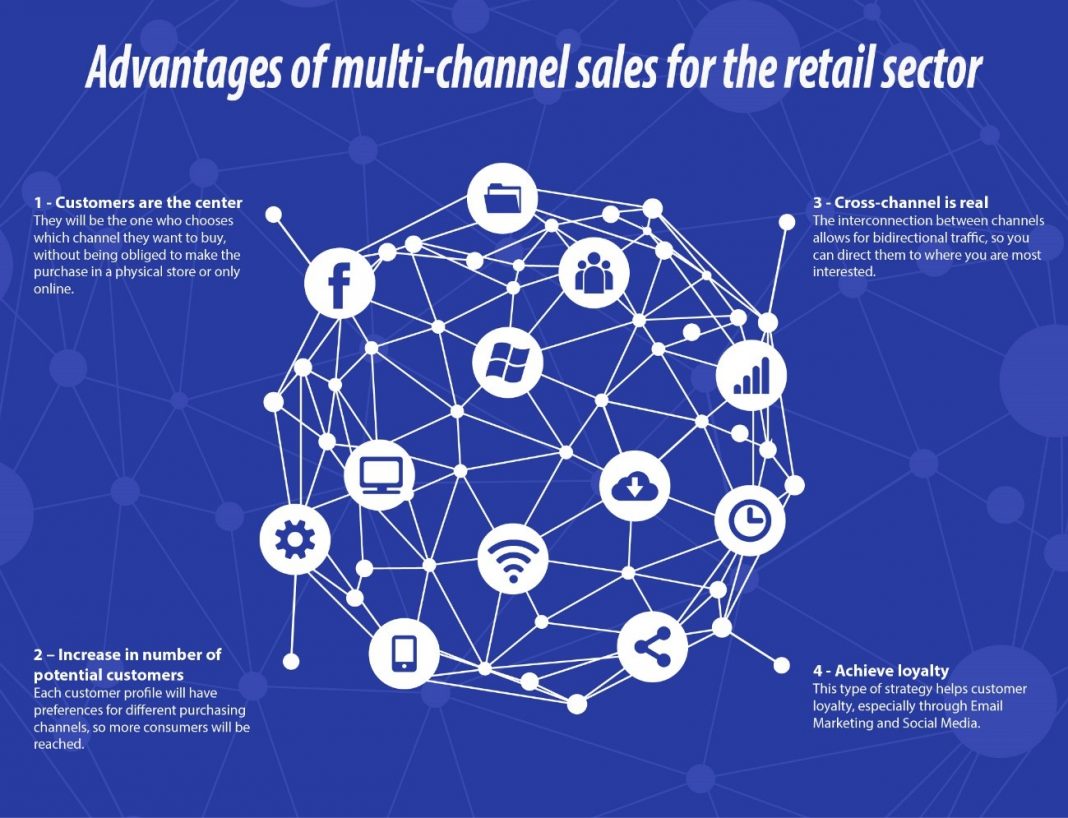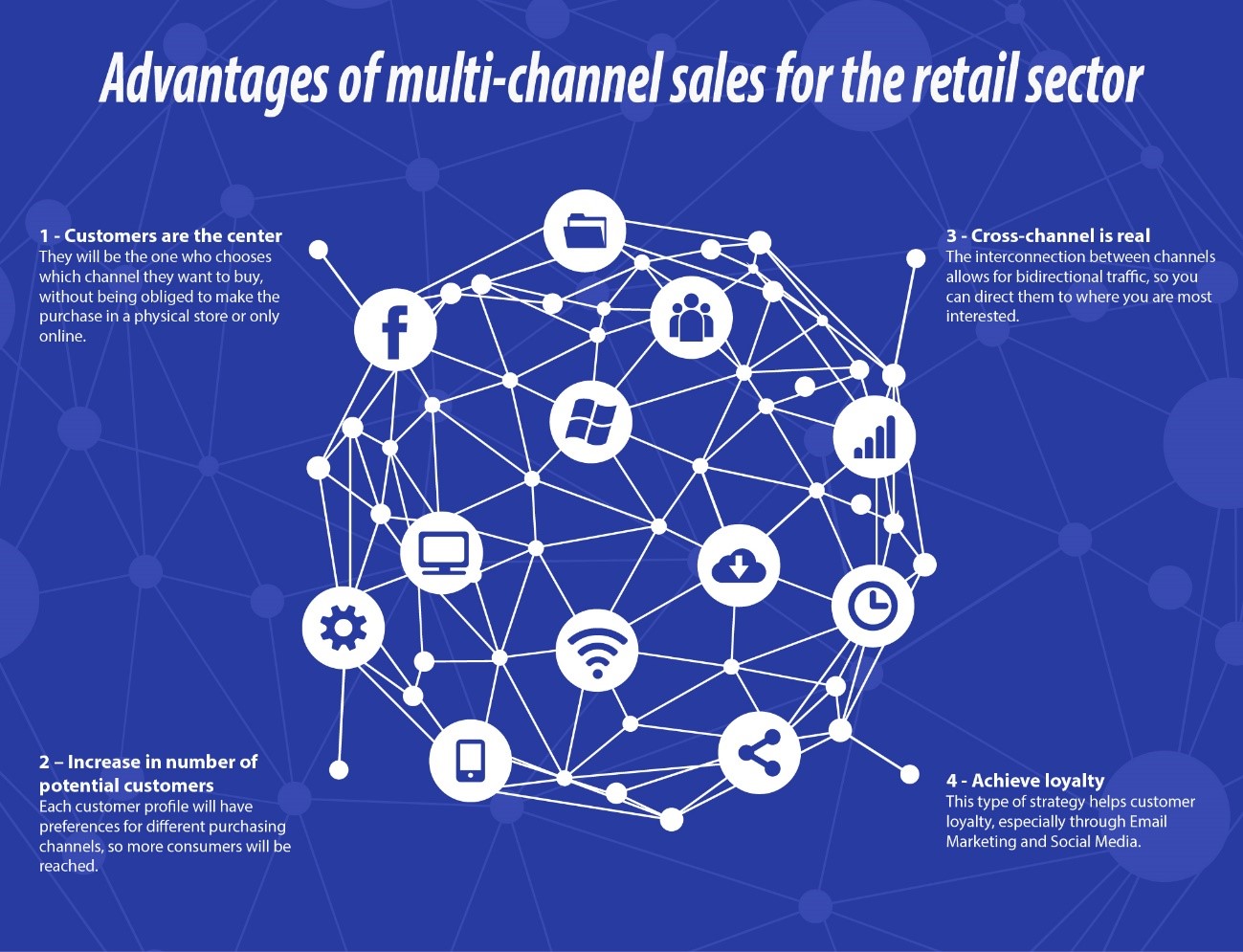Recent studies have concluded that no fewer than 2.19 billion individuals access Facebook on a regular basis (1). It is currently the largest social media platform in existence and this growth is not expected to slow down any time soon. This is the reason why e-commerce has developed a massive presence within this community.
While standalone websites are all well and good, a growing number of businesses are now choosing to leverage the power that social media can offer. What are some of the reasons why possessing the ability to sell on Facebook can provide you with a leading edge?
Spoken Word: An Added Level of Transparency
We live within a somewhat jaded world. No longer do consumers take claims made by a company at face value. For better or for worse, the fact of the matter is that validation can go a long way towards attracting a loyal client base. There is simply no substitute for word of mouth.
It has been shown that a company which regularly posts on social media platforms such as Facebook will generate a larger following. Furthermore, posts that are liked and shared are often associated with higher revenue generation. People love to know what others are saying and a positive opinion could be all that is required in order to tip the balance in favour of an online sale.
Google also loves websites that are linked to social media profiles. We can think of a main site as the centre of a wheel. Facebook and similar portals represent virtual “hubs”; lending more credibility and transparency to what is being offered. In a business community often governed by online rankings, social presence can represent an invaluable tool.
Overcoming Basic Obstacles
Considering all of the benefits that social media sales have to offer, why are some businesses still hesitant to adopt this e-commerce approach? The main reason involves what they consider to be an added level of complexity. Perhaps they do not possess the in-house resources required to oversee an additional account. They might instead feel as if the time is not worth the anticipated results. In order to allay these concerns, Shopify has put together an advanced package that can be fully integrated into an existing POS system. Some of its primary features include:
- The ability to contact customers via a live chat support network.
- Real-time order tracking.
- A mobile-responsive design.
- Inventory updates that translate directly into a Facebook page.
Setting up this system is quick and simple; saving a great deal of effort when compared to manual efforts. Above all, the ability to appreciate what customers have to say will enable you to understand how an existing marketing campaign may be performing.
Social media is here to stay and its potential impacts upon small businesses can never be downplayed. If you hope to increase your sales while simultaneously connecting with a larger (and more targeted) client base, Facebook should represent a core component of your approach to e-commerce.





